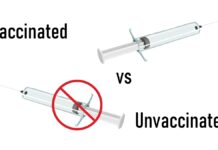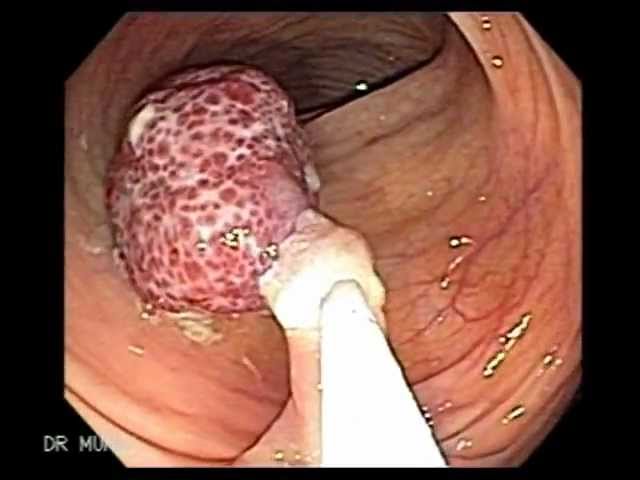Microbiota signatures unique to specific precancerous colon polyps may lead to better tests with less risk
A new study conducted by researchers from the Broad Institute of MIT and Harvard, Harvard Medical School, and Massachusetts General Hospital linked precancerous colon polyps to specific gut bacteria.
Published in Cell Host & Microbe, the study compared the stool samples and colonoscopies of 971 participants. Stool samples were used to get a snapshot of the gut microbiome—the community of bacteria, viruses, and fungi that live primarily in the colon.
The study revealed a distinct microbial fingerprint among those who were found to have tubular adenomas and sessile serrated adenomas—two types of colon lesions that are considered premalignant. One of the largest studies of its kind, it detected 19 significantly different bacterial species in those patients with tubular adenomas and eight significantly different species in those with sessile serrated adenomas.
The finding suggests that a simple stool test may be able to reduce the number of more invasive and dangerous colonoscopies performed.
The research also raises the question of whether bacteria—in the form of a probiotic supplement or pill—could become a third way, with diet and medication, to reduce risk of colon cancer.
“The goal is ultimately to determine if there are species of bacteria we want to use to influence our patients’ outcomes. Getting to this point is still a ways away,” Dr. Daniel C. Chung, medical co-director of the Center for Cancer Risk Assessment at the Mass General Cancer Center, told The Epoch Times. “The other potential way this can be applied is to study whether we can use this as a diagnostic or risk-assessment measurement.”
That could drastically change the approach to early detection of colorectal cancers, which is the third most common cancer and is on the rise in developing countries and, more recently, among young adults. About 18,000 people younger than 50 were diagnosed with colorectal cancer in the United States in 2020, according to the National Cancer Institute. Similar trends have been documented in Canada, New Zealand, Australia, and some parts of Europe and Asia.
By Amy Denney















































